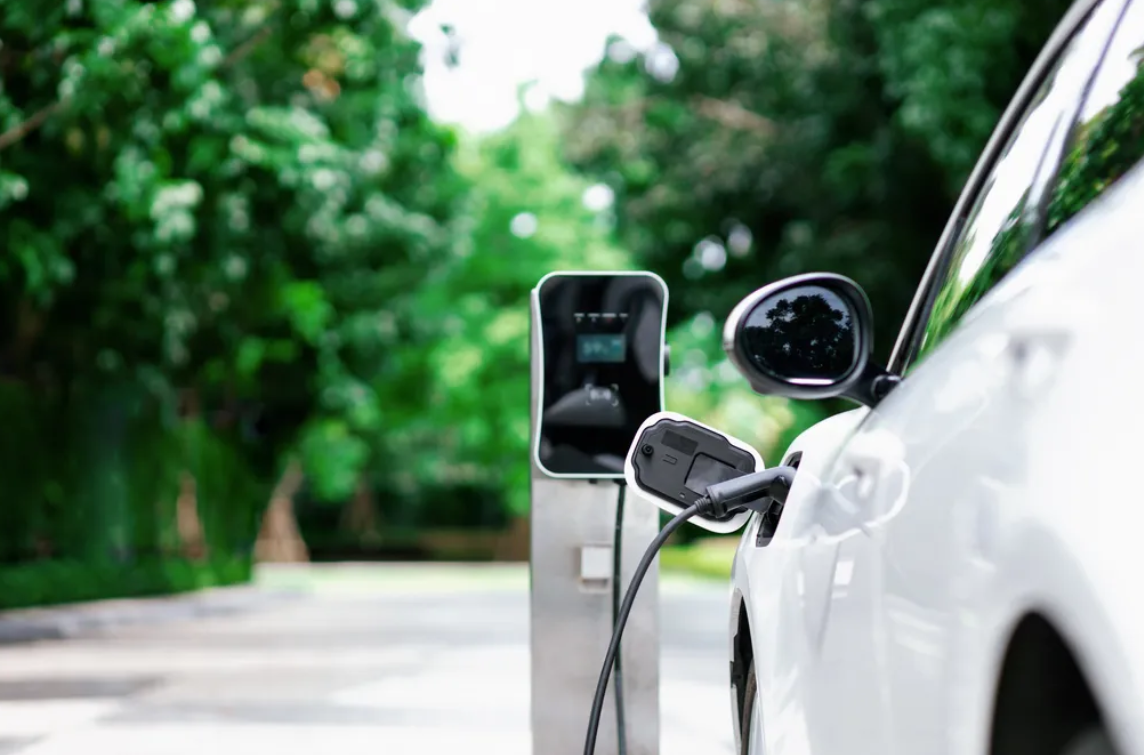As electric vehicles (EVs) gain traction in the automotive market, potential buyers are increasingly drawn to the environmental and economic benefits they offer. For those considering leasing an EV, there exists a lesser-known but advantageous tax credit ‘loophole.’ In this article, we’ll delve into the details of this loophole, shedding light on how it can significantly enhance the affordability of leasing an electric vehicle.
The Federal EV Tax Credit: The federal government offers a tax credit to incentivize the adoption of electric vehicles. This credit, which ranges from $2,500 to $7,500, is intended to offset the higher upfront cost of EVs and promote sustainable transportation choices.
The Lease “Loophole”: While the federal EV tax credit traditionally applies to vehicle purchases, a lesser-known opportunity arises when leasing an electric vehicle. The tax credit ‘loophole’ allows lessees to benefit from the credit indirectly, making EV leasing more financially appealing.
How the Loophole Works: When you lease an electric vehicle, the lessor (the company or dealership offering the lease) is the one eligible for the federal tax credit. However, the lessor often incorporates the value of the tax credit into the lease terms, resulting in reduced monthly payments for the lessee. This indirect pass-through of the tax credit translates into immediate savings for those leasing an EV.
Affordability and Monthly Savings: The tax credit ‘loophole’ effectively lowers the cost of leasing an electric vehicle, making it a more competitive option compared to traditional internal combustion engine vehicles. Lessees can experience substantial monthly savings, bringing the cost of EV leasing closer to that of conventional cars.
Choosing the Right EV Lease: Not all electric vehicle leases take advantage of the tax credit ‘loophole.’ It’s essential for potential lessees to research and select leases that factor in the federal tax credit, ensuring they receive the maximum benefit in terms of affordability.
Considerations for Lessees: Lessees should be aware of the specific terms and conditions associated with the tax credit ‘loophole.’ Factors such as the duration of the lease, the lessor’s policies, and the model of the electric vehicle can influence the extent of the savings.
State and Local Incentives: In addition to the federal tax credit, many states and local governments offer their own incentives for EV adoption. These can include additional tax credits, rebates, or reduced registration fees. Lessees should explore these opportunities to maximize their overall savings.
The Environmental Impact: Beyond financial benefits, choosing to lease an electric vehicle contributes to a lower carbon footprint. By taking advantage of the tax credit ‘loophole,’ lessees align their transportation choices with environmental sustainability while enjoying cost savings.
The tax credit ‘loophole’ presents an enticing opportunity for individuals interested in leasing an electric vehicle. By understanding how this indirect pass-through of the federal tax credit works, potential lessees can unlock significant monthly savings and make environmentally conscious transportation choices more affordable. As the automotive industry continues to evolve towards sustainable solutions, the tax credit ‘loophole’ serves as a valuable incentive for those considering the lease of an electric vehicle.


